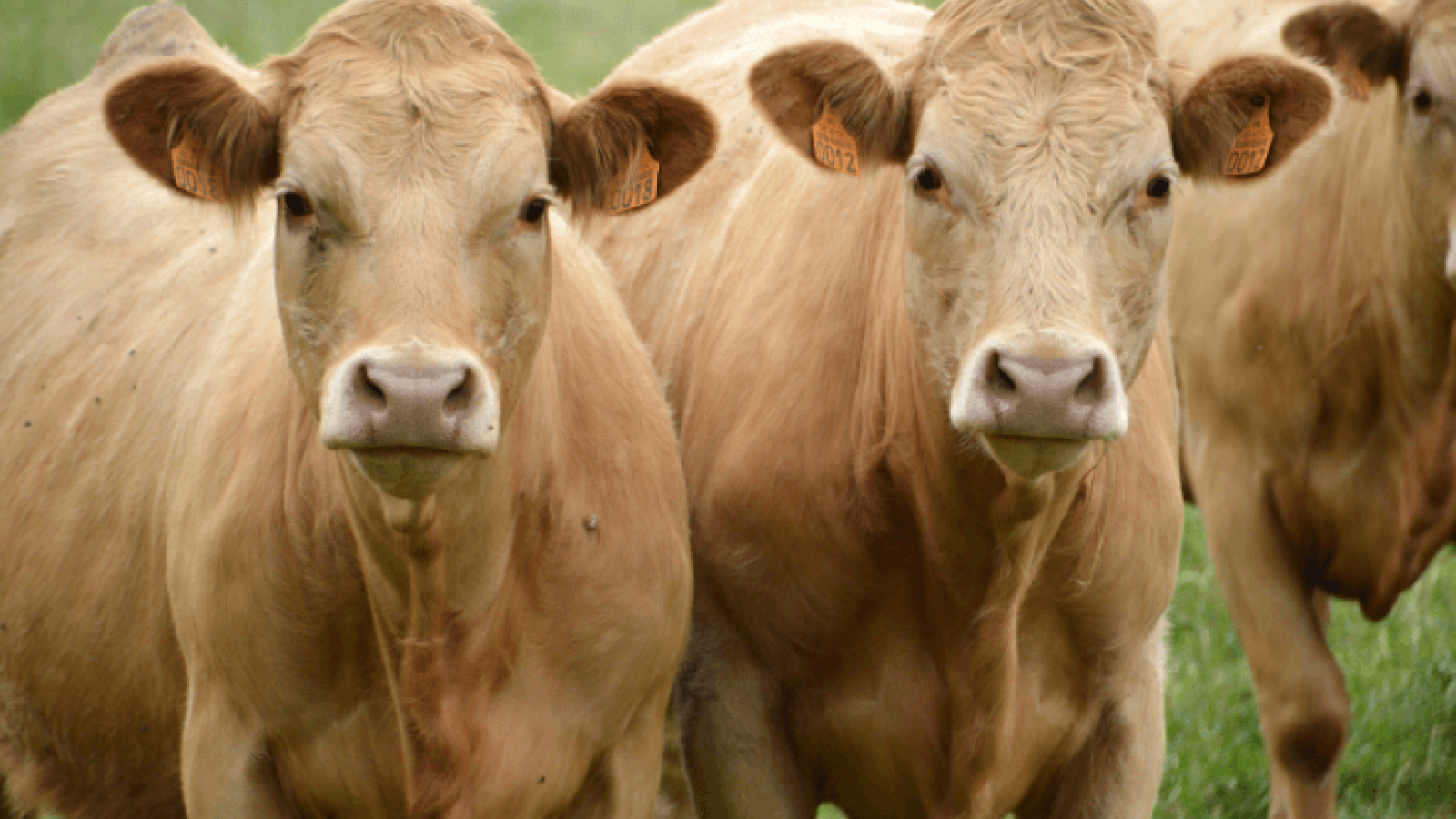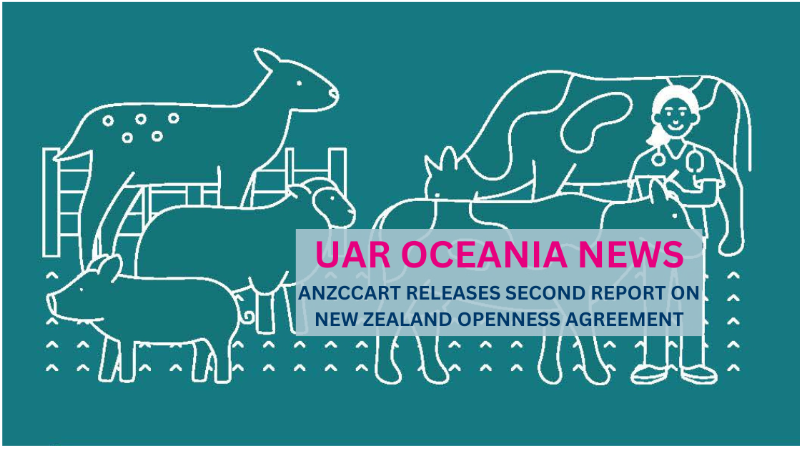Cattle (Bos taurus) belong to the family bovidae (bovine) and are one of the most commonly domesticated farm animals. They are large animals that weigh up to 1,800 kg and be between 1.7m high and 2.5m in length on average. Cattle are herbivores, so their diet consists mainly of grass, hay, silage, grains and corn amongst other plants. Cattle have been used in research for decades, but in recent years their use has been replaced by mice and rats. They contribute to the 4.93% of ‘other mammals’ used in research in Great Britain in 2020.
Why are cattle used in research?
Cattle share a common anatomy and physiology with humans. Cattle have more comparable organ size and functions than smaller animals. Cattle are noted in biomedical research for their remarkably similar reproductive cycle to humans and are therefore very useful in research in the female reproductive system. Like many other farm animals, cattle have had their genome sequenced which allows them to be genetically engineered for research.
What types of research are cattle used in?
The use of cattle in reproductive biology is especially popular, in fact, they are considered the best model for studying human reproduction. They have particularly similar reproductive cycles to humans which make them ideal models. The bovine model for reproductive procedures such as IVF is considered to be more fitting than mice models, especially as the implantation process is more similar in cows and humans than mice and humans. For example, the development of an immature egg cell, an oocyte, is remarkably similar in both humans and cattle. This precision and complexity in the reproductive cycles help researchers understand issues in embryo development and subsequently, some of the causes of infertility women.
Cows are also popular animals in veterinary research. One example is the recent studies into Johne’s disease, which is a chronic disease in cattle, especially endemic in Japan. The researchers, using immune cells from cows, have been able to show that particular lipids are responsible for repressing the immune response in cattle with Johne’s disease.
Vaccine research against diseases such as Foot and Mouth or Brucellosis also require cattle.
How are cattle looked after?
There are rules and regulations for how cattle and livestock must be cared for and kept around the world. For example, the American Dairy Science Association, the American Society of Animal Science and Poultry Science Association have a published Guide for the Care and Use of Agricultural Animals in Research and Teaching.
Here in the UK, the Farm Animal Welfare Council has established five ‘freedoms’ which farm animals must have. These include freedom from hunger and thirst, freedom from discomfort, freedom from pain, injury and disease, freedom to express normal behaviour and freedom from fear and distress. This is available in conjunction with other UK codes of practice for all farmed animals. The welfare of animals is subject to continuous research, for example researchers have demonstrated that daily walks are beneficial to dairy cows’ physical health.
References
https://uaroceania.org/news/animal-research-numbers-2020
https://www.britannica.com/animal/cattle-livestock
https://www.sciencedirect.com/science/article/abs/pii/S1472648310619360
https://onlinelibrary.wiley.com/doi/10.1002/9781118881286.ch6
https://rbej.biomedcentral.com/articles/10.1186/1477-7827-12-117
https://www.sciencedaily.com/releases/2018/04/180402105146.htm
http://www.bbc.co.uk/ethics/animals/using/caring_1.shtml




